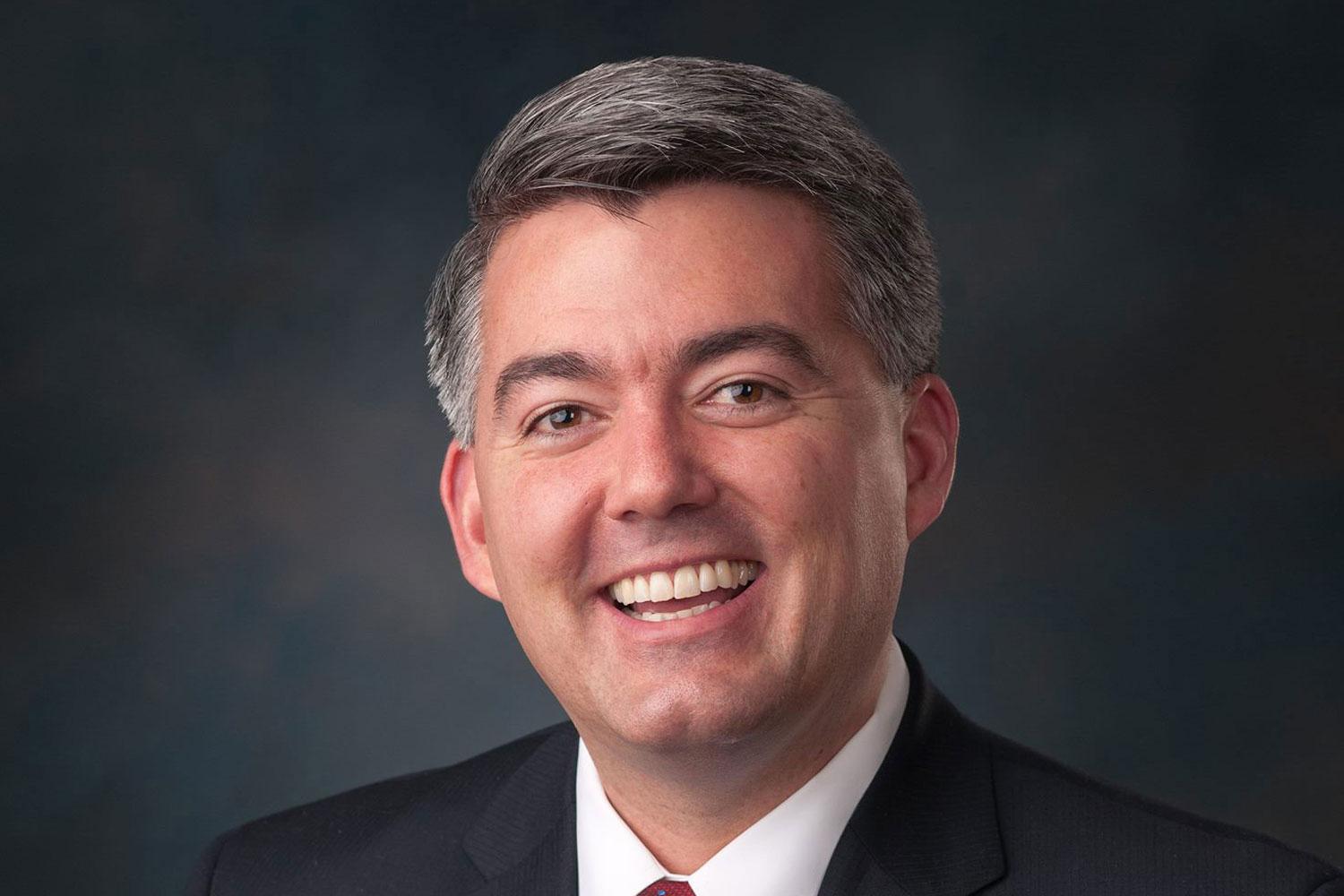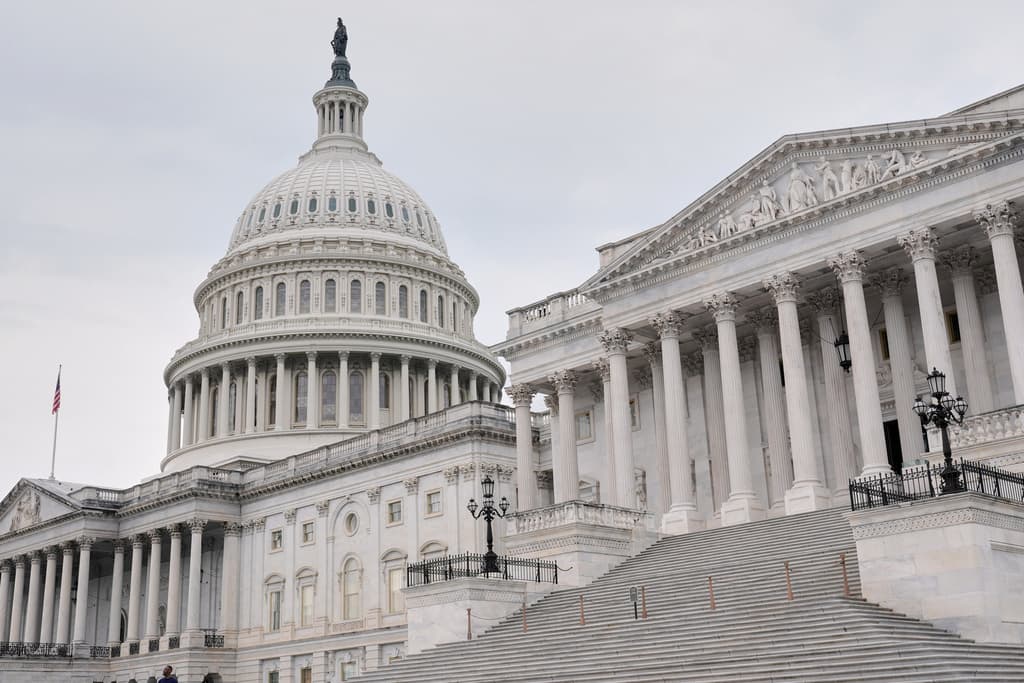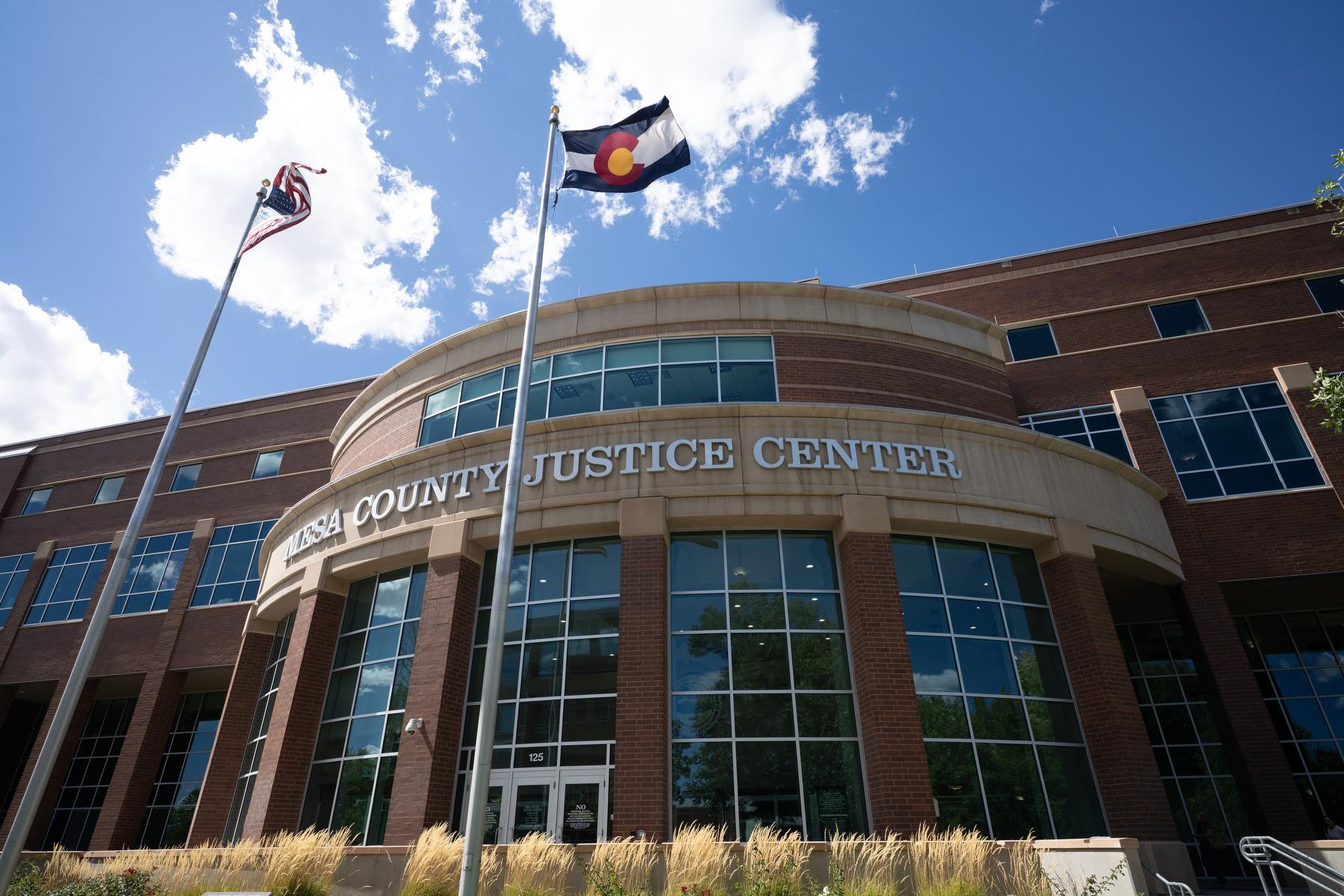

Sen. Cory Gardner said “positive talks” with the Justice Department over how it will handle legal marijuana states have convinced him to lift his hold on some DOJ nominations.
"As a result of those conversations, there've been a number of positive developments,” Gardner said to reporters in a news conference. “The Department of Justice has moved more and more toward the kind of commitments and assurances that we need to have concrete protections in Colorado."
The Colorado Republican declined to give any details about the nature of those developments.
The fight over appointments started with Attorney General Jeff Sessions’ decision in early January to rescind an Obama-era policy that protected states with recreational marijuana from federal drug enforcement. Gardner accused Sessions of falsely reassuring him in a conversation before he was confirmed as the Attorney General that the policy was not up for review. In retaliation, Gardner announced he would not let any nominees through the Senate until he could be sure that Colorado and other marijuana states are not in the department’s sights.
The holds have created friction both with Sessions, who has complained that critical posts are going unfilled, and some of Gardner’s fellow GOP senators who want key law enforcement officials in their states confirmed.
Gardner pointed out that there is "much more work to be done,” but he said he’s willing to lift some holds as a show of good faith. He will continue to block seven nominations to top posts in Justice Department though.
He will release his holds on nominees for U.S. attorneys in a dozen federal districts, U.S. marshals in every district and on John Demers, who was nominated to head Justice’s national security division.
Sessions took Gardner to task, without mentioning his name, in a speech to the National Sheriff’s Association earlier this week. He accused Gardner of playing politics and delaying important nominees.
“That includes a new head of our Criminal Division, our Civil Rights Division, and our National Security Division,” Sessions said. “These are critically important components — and outstanding nominees... But because of one senator’s concerns over unrelated political issues — like legalizing marijuana — we can’t even get a vote.”
The Trump administration’s Attorney General also argued in that speech that marijuana policy is out of his hands.
“I don’t have the authority to say that something is legal when it is illegal — even if I wanted to. I cannot and will not pretend that a duly enacted law of this country — like the federal ban on marijuana — does not exist.”








